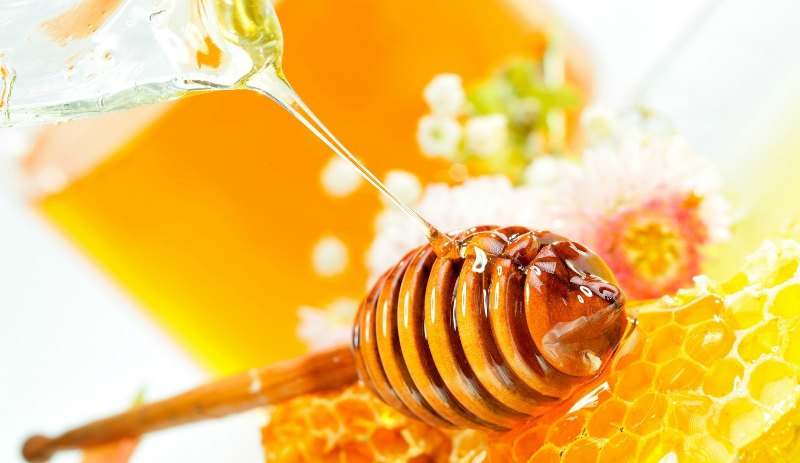London, Sep 27 Diluted Manuka honey may be a powerful remedy against growth of bacterial biofilms in medical devices, and may be use to reduce the risk of infections in hospital patients, a new study has found.
Manuka honey is a monofloral honey produced in Australia and New Zealand from the nectar of the manuka tree.
According to the research by University of Southampton in the UK, even low dilutions of Manuka honey can curb the activity and growth of bacterial biofilms – the thin but resilient layer of microbes.
The research raise the prospect of the honey’s potential use in patients fitted with medical devices, such as urinary catheters, which carry a high infection risk.
Around 100 million urinary catheters, used to drain the bladder of urine, are sold worldwide every year.
Up to one in four hospital patients may have to use a catheter. However, long-term use is associated with frequent complications, such as inflammation and infection.
“We have been able to demonstrate that diluted honey is potentially a useful agent for reducing biofilm formation on
indwelling plastic devices such as urinary catheters,” said Bashir Lwaleed, associate professor at the University of Southampton, who led the study.
“Catheter infection rates can account for a large proportion of hospital acquired infections – it is an area of clinical practice that needs addressing,” he added.
“We believe that patients might also benefit from honey’s anti-inflammatory properties, which are generally stronger in dark honeys, such as Manuka and that antibacterial resistance is unlikely to be a factor when honey is used,” he said.
To find out if Manuka honey has a role in stopping the establishment and development of biofilms, the researchers cultured strains of Escherichia coli and Proteus mirabilis bacteria on plastic plates in the laboratory.
These two bacteria account for most of the urinary tract infections associated with long-term catheter use. PTI




